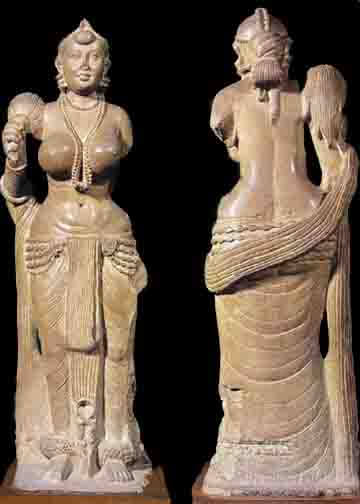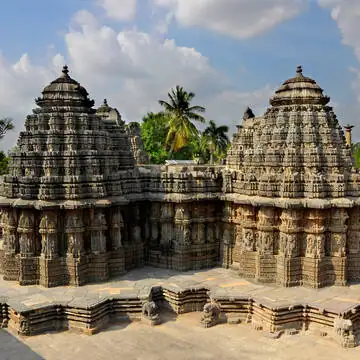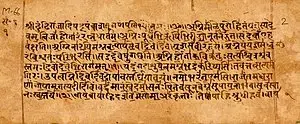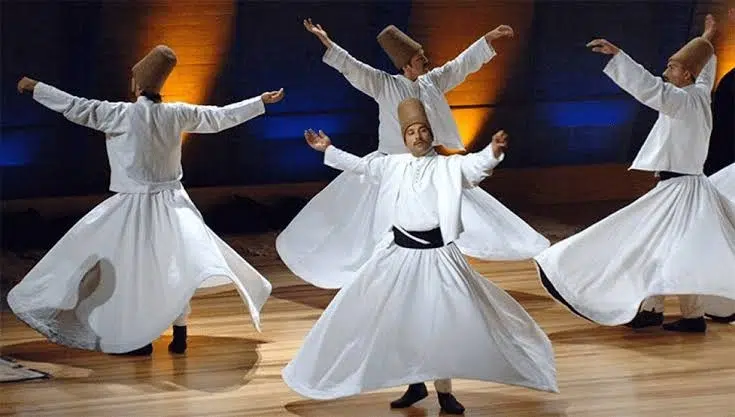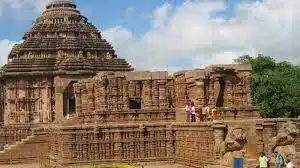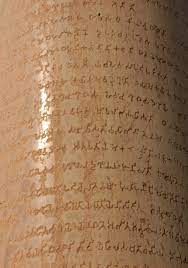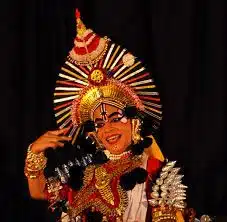Classical Languages Of India
Currently there are eleven languages that enjoy the ‘Classical’ status in India:
- Tamil (declared in 2004), Sanskrit (2005), Kannada (2008), Telugu (2008), Malayalam (2013), Odia (2014), Assamese, Bengali, Marathi, Pali and Prakrit (2024).
- In 2024, five languages are given classical status in India.
- All the Classical Languages are listed in the Eighth Schedule of the Constitution.
- The Ministry of Culture provides the guidelines regarding Classical languages.
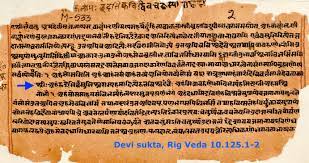
Criteria in 2005
- High antiquity of its early texts/recorded history over a period of 1500-2000 years;
- A body of ancient literature/texts, which is considered a valuable heritage by generations of speakers;
- The literary tradition be original and not borrowed from another speech community;
- The classical language and literature being distinct from modern, there may also be a discontinuity between the classical language and its later forms or its offshoots.
Criteria in 2024
- High antiquity of (its) is early texts/recorded history over a period of 1500- 2000 years.
- A body of ancient literature/texts, which is considered a heritage by generations of speakers.
- Knowledge texts, especially prose texts in addition to poetry, epigraphical and inscriptional evidence.
- The Classical Languages and literature could be distinct from its current form or could be discontinuous with later forms of its offshoots.
The concept of “the literary tradition be original and not borrowed from another speech community” was replaced in the new criteria. Under these criteria, Assamese, Bengali, Marathi, Pali and Prakrit were given the classical language status.
Upon dropping the criteria for “original literary tradition”, the Linguistic Expert Committee justified their decision by stating the following:
“We discussed it in detail and understood that it was a very difficult thing to prove or disprove as all ancient languages borrowed from each other, but recreated the texts in their own way. On the contrary, archaeological, historical and numismatic evidence are tangible things”
— Linguistic Expert Committee
Benefits
Once a language is notified as a Classical language, the Human Resource and Development Ministry provides certain benefits to promote it.
- Two major annual international awards for scholars of eminence in classical Indian languages.
- A Centre of Excellence for studies in Classical Languages is set up.
- The University Grants Commission is requested to create, to start with at least in the Central Universities, a certain number of Professional Chairs for the Classical Languages so declared.
Also refer :

